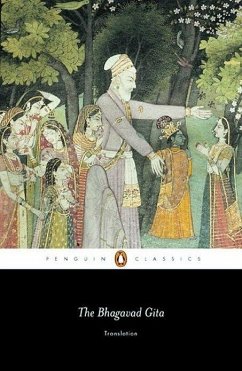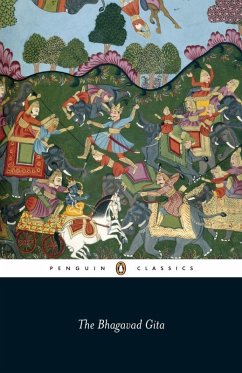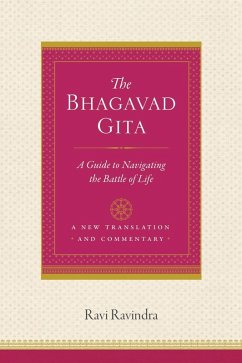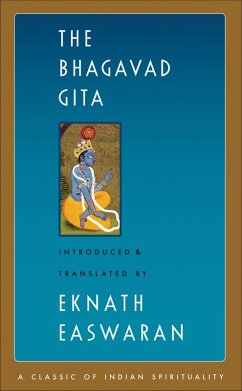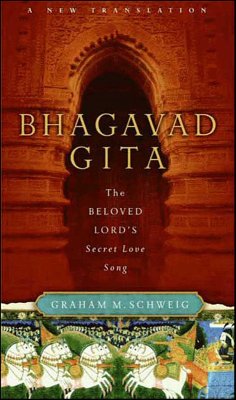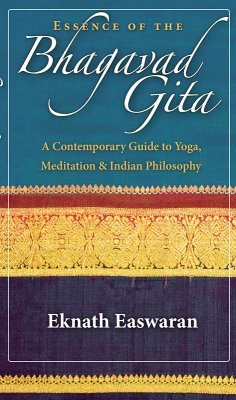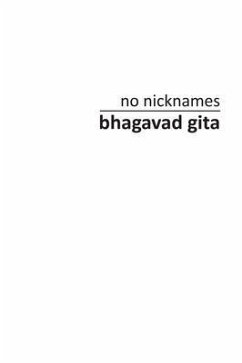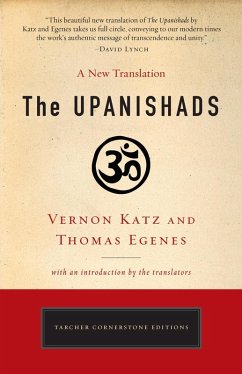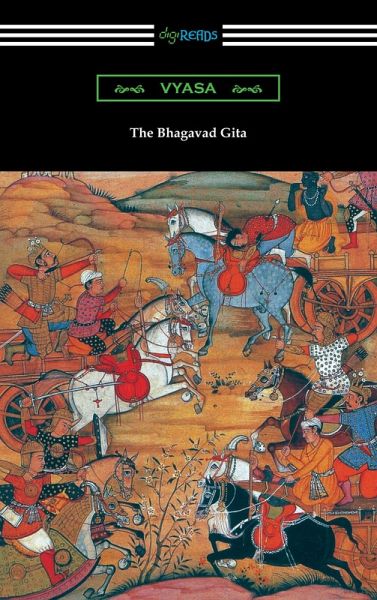
The Bhagavad Gita (eBook, ePUB)
Versandkostenfrei!
Sofort per Download lieferbar
3,99 €
inkl. MwSt.
Weitere Ausgaben:

PAYBACK Punkte
2 °P sammeln!
It is estimated that the origins of the "Bhagavad Gita", a 700 verse Hindu scripture which is part of the larger "Mahabharata" was originally composed as early as the 9th century BC. Ascribed to the Sage Vyasa, the "Bhagavad Gita" is a classic work of Hindu scripture which relates the story of Prince Arjuna who is faced with a decision with serious moral consequence, whether or not to go to war. With the armies arrayed on the battlefield, Arjuna in a moment of hesitation is counseled by Vishnu, the Supreme God, who takes the form of Krishna wearing the disguise of a charioteer. This work along...
It is estimated that the origins of the "Bhagavad Gita", a 700 verse Hindu scripture which is part of the larger "Mahabharata" was originally composed as early as the 9th century BC. Ascribed to the Sage Vyasa, the "Bhagavad Gita" is a classic work of Hindu scripture which relates the story of Prince Arjuna who is faced with a decision with serious moral consequence, whether or not to go to war. With the armies arrayed on the battlefield, Arjuna in a moment of hesitation is counseled by Vishnu, the Supreme God, who takes the form of Krishna wearing the disguise of a charioteer. This work along with its larger counterpart the "Mahabharata" has been described as one of the most important works of scripture ever composed. A classic tale of Hindu spirituality, the "Bhagavad Gita" provides great insight into dealing with the morally ambiguous challenges that face us all. This edition has been translated into English prose with an introduction by Kashinath Trimbak Telang.
Dieser Download kann aus rechtlichen Gründen nur mit Rechnungsadresse in A, D ausgeliefert werden.




